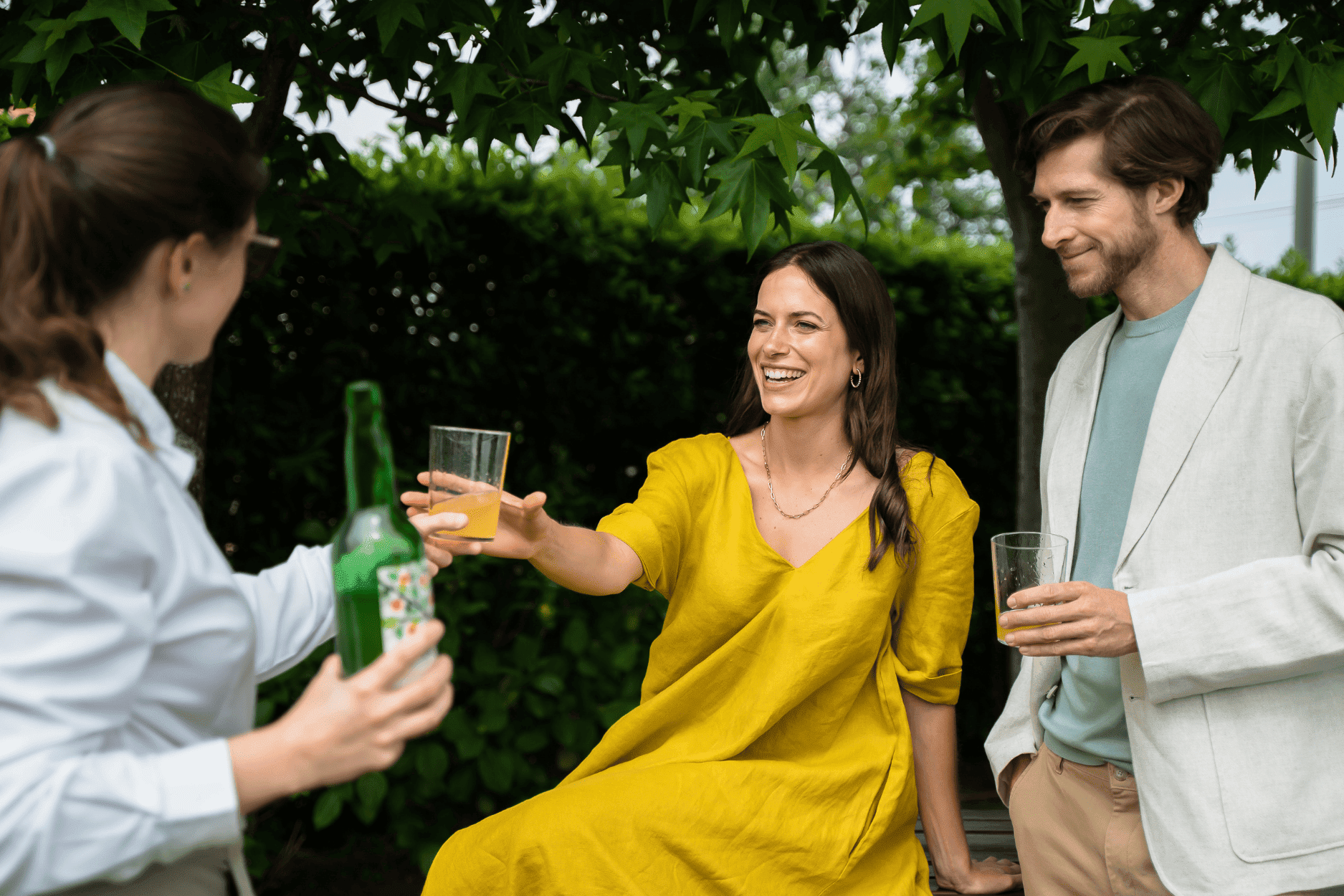Difference Between Pleasure and Happiness
-
Pleasure: an intense and fleeting sensation linked to dopamine. It may arise from eating a sweet treat, buying something new, or enjoying an exciting moment.
-
Happiness: a more lasting and serene state, associated with serotonin, which is generated through connecting with others, contributing to meaningful causes, and taking care of oneself.
Neuroscience studies show that both states are mutually exclusive: when the body releases dopamine, serotonin decreases, and vice versa. This is why chasing only pleasure does not lead to happiness—but focusing on sustainable habits and genuine relationships does.

The Four Pillars of Happiness According to Science
Endocrinologist Robert Lustig proposes four key areas to increase serotonin and reduce dependence on fleeting pleasure:
-
Connect: face-to-face interaction with family, friends, or the community is essential to happiness.
-
Contribute: giving without expecting anything in return, helping others, or engaging in meaningful causes generates long-lasting satisfaction.
-
Care: sleeping well, eating healthily, and practicing daily exercise foster physical and emotional well-being.
-
Cook: preparing healthy meals connects body and mind, boosts creativity, and provides a sense of achievement and joy.
At ARTIEM, these pillars translate into well-being programs and spaces that encourage connection with nature and people.

Habits and Small Actions That Boost Your Happiness
Beyond the pillars, happiness is built daily through simple actions:
-
Appreciate the everyday: messages from a friend, a walk outdoors, or reading with a cup of tea.
-
Exercise: even 30 minutes of gentle daily activity release endorphins and improve mood.
-
Meditation and mindfulness: help reduce stress and promote mental clarity.
-
Resilience: learning to face difficulties and turn them into opportunities strengthens emotional well-being.
At ARTIEM, our yoga, pilates, hiking, and wellness activities are designed to foster these practices naturally and effortlessly.

The Power of Enjoying the Present
According to studies in positive psychology and the Danish concept of Hygge, happiness is not found in major achievements or possessions but in simple moments: sharing a meal, contemplating nature, or talking with someone dear.

At ARTIEM, guests have the opportunity to reconnect with these small pleasures, enjoy silence, embrace the natural surroundings, and experience authentic happiness. In Menorca, we call it poc a poc: an invitation to slow down and let happiness reveal itself in simplicity.

Happiness is not a destination but a path built day by day. By incorporating mindful habits, prioritizing authentic relationships, taking care of yourself, and cherishing small moments, you can transform your life.
At ARTIEM, we believe that the spaces surrounding your stay—nature, well-being, and shared experiences—are allies of your happiness. It’s not just about resting, but about recharging body, mind, and spirit, and living each moment fully.